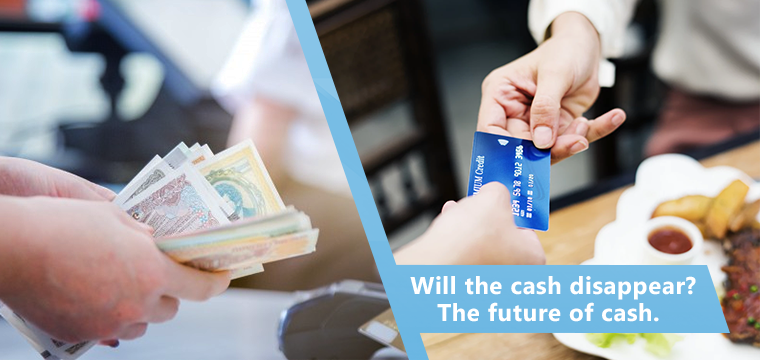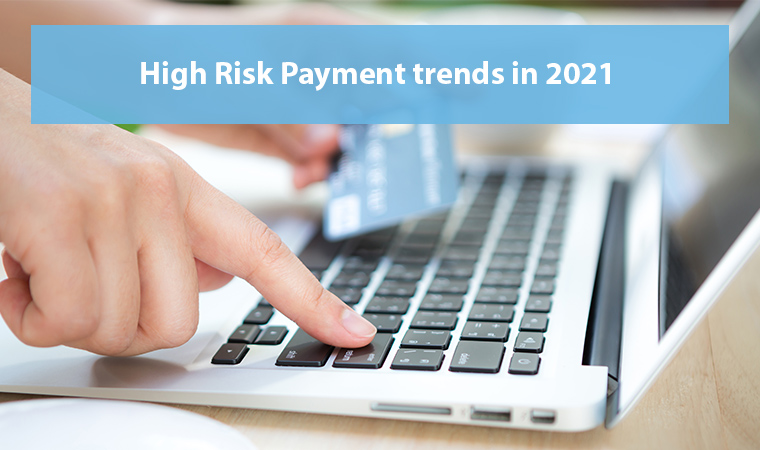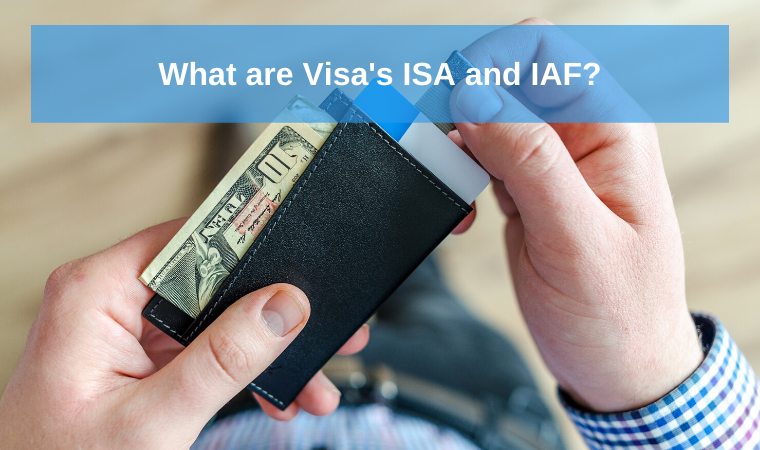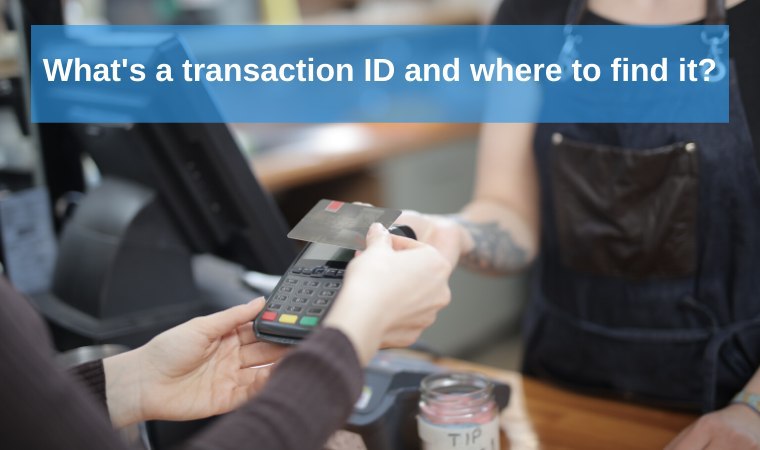Will the Cash Disappear? Top 3 Trends Rocking the Future of Cash by 2020

Imagine yourself somewhere in the future. It’s a hot sunny day, streets are filled with self-driving vehicles, people use Wi-Fi literally on the go, and you stop to buy a cappuccino feeding the steel collar barista with a few crumpled bills.
Wait. Folded bills? But wasn’t this supposed to be the future?
Many people believe that cash days are over. Even so, they continue relying on cash in their day-to-day spending. So what does the future of cash hold for us?
Will the cash disappear?
Not likely, but the future of digital payments barely holds the door for it. Here’s what you need to know about the future of money.
Paper money in the future: is cash still King?
Cash has been there for us for more than we can remember. The reasons are clear – cash is fully untraceable, secure, and accepted everywhere we go. While a single blip in the electronic systems can knock the entire digital payments world off-balance, cash still has a role to play, even when the power goes off.
If you want to order something without anyone tracing it back to you, cash is a good way to go. Just because cash is a one-size-fits-all solution. And even major improvements in technology don’t make bills fully replaceable by digital forms of cash.
But wait, if cash is so good, why people are backing away from it? Here are a few factors that explain it all.
- The interconnection between cash and crime. Heavy use of cash is widely associated with theft and drug-related crimes. Carrying large amounts of cash puts you at risk of becoming someone’s target.
- The emergence of new payment methods and forms. With more than 2.5 billion smartphone users and over 4 billion active Internet users, the digital ecosystem becomes a good alternative to cash payments. Digital natives have a wealth of payment methods to choose from, including credit card, mobile, in-app payments, etc. As the payments ecosystem expands, the role of cash loses its significance.
- Job cuts in finance companies and credit unions. It’s no news that cashless transactions are completely digital. Once they become a primary payment option – job cuts in financial institutions will shift the market. When ATMs close all over the globe and jobs in banking cut down, reliance on cash decreases, paving the way for digital money in the future.
Digital money in the future: an opportunity or a threat?
Once digital payments become a primary payment option, everyone in the economy may benefit from:
- minimizing crime via advanced access to financial services (health insurance, savings accounts);
- opening access to real-time financial services;
- increasing security and transparency of transactions.
In addition, digital payment processing may improve the quality of customer service, as they reduce queuing as well. Now you can pay for your morning coffee or breakfast without staying in an endless queue, counting down hours, and digging your wallet out of the bottom of your backpack.
Sure thing, digital payments are transparent, safe, handy, and secure, but still – they don’t win over cash. Why?
Privacy alerts
Well, the critics say that digital payments kill privacy, connecting each and every credit card to an individual. That said, with digital money in the future, tracking your every step becomes a breeze.
Accessibility issues
One more argument against digital payments is that it leaves poor and homeless people with no access to the banking system thrown overboard. If the world turns into a cash dessert, these people may completely run out of money.
To win the top position in the entire payments infrastructure, digital money should address the issues listed above. With no accessibility and privacy guaranteed, electronic payments get fewer chances to win the cash-vs-no-cash battle.
So what will the money in the future look like? Will the cash disappear or become barely usable? It’s high time we grabbed the answers!
3 tendencies the future of cash keeps under wrap
- 1. Growing influence of generation Z. Young adults who follow the Millennials are expected to make up 24% of global workforce by the year 2020. Similar to Millennials, these people are projected to rely solely on digital technology. According to Accenture, 28% of Z-people would give up money or friends for a day – and 80% would give up television – just to keep their mobile devices on hand. As Accenture puts it, 70% of generation Z use mobile banking daily, 68% – rely on instant P2P payments. For these people, the future of cash is already obsolete, because only 28% of them prefer cash over any other alternatives.
- Increasing reliance on safety. As online fraud continues to escalate, staying protected becomes critical. Fitting customers’ needs is all about striking the right balance between convenience and security. Digital money in the future will continue to expand only if the industry manages to out-innovate fraudsters. Otherwise, $31.3 billion of card fraud losses could crush the fintech at the end of 2018. As reliance on cash increases, the demand for data protection and information security grows. To keep up with the consumer demand, businesses should adopt innovative protection mechanisms. Fraud and chargeback prevention, biometric scanning, geolocation estimation, and acoustic analysis are already out there, but we always want more. Digital money in the future can outperform cash, but only with information security and protection guaranteed.
- Replacing outdated payment methods. Today’s world is all about managing processes in real-time. Digital money in the future is different from what we have today. It paves the way for innovation and change, effective fraud detection, and real-time information exchange.
In the future of cash, there’s no place for remote management. Cash is the king when you keep it on hand only. Once cash is gone – it’s gone forever.
With phones and fobs driving the future, the transition from paper to electronic money is imperative. Because everyone wants to transfer and accept money whenever they like.
When will cash disappear?
A cashless world appears to be a good idea, but the truth is under the surface. Digital payments are more secure, traceable, and convenient than paper money.
However, a solely digital economy is not risk-free. A single cyber attack could make the whole economic world go round.
Therefore, cash is very unlikely to disappear soon, but its days are limited. In the long run, the future of cash appears to be in a losing battle with digital payments. Over the following few years, the use of cash may be reduced due to the fight against crime & the rise of alternative payment methods.
According to Pew Research Findings, by 2020, 65% of people will have embraced different smart devices for making online purchases. 33% will rely on the use of credit cards and cash, but solely for safety reasons.
Cash vs. no cash: who wins?
Sure thing, the world is backing away from cash. But it doesn’t mean the cash is likely to disappear.
Cash neither cares nor knows who holds it – that’s why people have a great sense of security when their cash is on hand.
Even so, money in the future will definitely be a way more digital than it is today. Just because the fintech world changes, so do the ways we pay.



